The Indian share market has expanded significantly over the years, attracting a growing number of investors exploring various financial instruments. One such instrument is the call option, an essential component of derivatives trading. In this article, we will delve into the basics of call options, explain how they work, and examine how they can be used in the Indian share market.
What is a Call Option?
A call option is a financial contract that gives the buyer the right, but not the obligation, to purchase an underlying asset (such as stocks) at a predetermined price (strike price) within a specific time period. The seller, on the other hand, has the obligation to sell the asset if the buyer chooses to exercise the option.
In simpler terms, buying a call option allows you to speculate on an asset’s price going up without actually owning the asset. This makes it a powerful tool for both hedging and speculation.
Key Terminology:
| Term | Definition |
|---|---|
| Strike Price | The price at which the option buyer can purchase the asset. |
| Premium | The price paid by the buyer to the seller to acquire the option. |
| Expiration Date | The last date on which the option can be exercised. |
| In-the-Money | When the asset’s current price is higher than the strike price. |
| Out-of-the-Money | When the asset’s current price is lower than the strike price. |
How Call Options Work in Practice
Let’s understand call options with a practical example:
Suppose you believe that the stock of Company A (currently priced at ₹500 per share) will rise to ₹600 in the next three months. You decide to buy a call option with a strike price of ₹550 and an expiration date three months later. The premium for this option is ₹20 per share.
- Scenario 1: Stock Price Rises
If the stock price reaches ₹600, you can exercise your call option to buy shares at ₹550. Your profit per share will be ₹50 (₹600 – ₹550), minus the premium of ₹20, giving you a net gain of ₹30 per share. - Scenario 2: Stock Price Falls
If the stock price remains below ₹550, your option expires worthless, and your loss is limited to the premium you paid, ₹20 per share.
Historical Data on Call Options in India
The call options market in India has evolved significantly since the introduction of derivatives in the year 2000. Let’s look at historical data to understand how the market has performed:
| Year | Total Options Contracts Traded (in lakhs) | Notional Turnover (₹ crores) |
|---|---|---|
| 2015 | 6,500 | 500,000 |
| 2018 | 12,300 | 980,000 |
| 2021 | 25,000 | 1,850,000 |
| 2023 | 30,000 | 2,100,000 |
As seen in the table above, the number of options contracts traded and the notional turnover has increased drastically, reflecting the growing popularity and liquidity in the options market.
Advantages of Call Options
- Leverage: One of the most significant advantages of call options is leverage. With a relatively small premium, investors can control a much larger position in the underlying stock, magnifying potential profits.
- Limited Losses: The maximum loss for a buyer of a call option is limited to the premium paid, making it a relatively low-risk investment compared to buying the stock outright.
- Profit from Rising Prices: Call options allow investors to benefit from a rising stock price without the need for upfront capital to purchase the stock itself.
Risks of Call Options
While call options offer attractive advantages, they also carry risks:
- Time Decay: The value of an option decreases as the expiration date approaches, a phenomenon known as time decay. If the stock doesn’t move in the desired direction quickly enough, the option may expire worthless.
- Volatility: Sudden and unexpected changes in the stock market can significantly affect the price of the underlying asset and, subsequently, the value of the call option.
How to Trade Call Options in India
In India, call options are primarily traded on the National Stock Exchange (NSE). Here’s a step-by-step guide to trading them:
- Open a Trading Account
To trade options, you need a trading account with a brokerage firm that offers access to derivatives markets. Ensure the brokerage has an NSE membership. - Choose Your Underlying Asset
Options are available on various underlying assets, including individual stocks and indices like the Nifty 50. - Select the Strike Price and Expiration Date
When buying a call option, select a strike price and expiration date based on your market expectations. - Place the Trade
Place an order through your broker to buy the call option. The premium will be debited from your trading account once the order is executed.
Example of Call Option Trading
Let’s revisit Company A to illustrate the practical application of trading call options:
| Date | Company A Stock Price (₹) | Call Option Premium (₹) | Strike Price (₹) | Expiration Date |
|---|---|---|---|---|
| 1st Jan 2024 | 500 | 20 | 550 | 31st March 2024 |
| 31st March 2024 | 600 | 70 | 550 | – |
On 1st January 2024, you buy a call option for Company A with a strike price of ₹550, expiring on 31st March 2024. You pay a premium of ₹20 per share. By the time the expiration date arrives, Company A’s stock has risen to ₹600, making your option worth ₹70 (₹600 – ₹550). After accounting for the premium, your net profit per share is ₹50 (₹70 – ₹20).
Historical Performance of Call Options in the Indian Market
The Indian market has witnessed notable movements in the performance of call options. Here is a table reflecting the monthly average returns of select stock options over the past year:
| Month | Reliance Industries (₹) | TCS (₹) | Infosys (₹) | Nifty 50 Index (₹) |
|---|---|---|---|---|
| January | 5.4% | 4.8% | 6.2% | 5.1% |
| April | 3.2% | 2.9% | 3.7% | 2.8% |
| July | 6.8% | 5.9% | 6.4% | 6.0% |
| October | 4.5% | 3.7% | 4.9% | 4.2% |
Strategies for Trading Call Options
There are multiple strategies traders can adopt when trading call options, depending on their market outlook:
- Covered Call
This strategy involves holding a long position in a stock and simultaneously selling a call option on the same stock. It is ideal for generating income when the stock is expected to rise moderately. - Protective Call
A protective call strategy allows an investor to buy a call option to protect against losses if they hold a short position on the stock. This limits potential losses while allowing for upside profits. - Straddle Strategy
A straddle involves buying both a call option and a put option with the same strike price and expiration date. This strategy profits from significant price movement in either direction, making it suitable for volatile markets.
Conclusion
Call options offer investors a unique way to benefit from stock price movements with limited risk. They can be used to hedge against existing positions or speculate on the future direction of a stock. However, understanding the mechanics of how they work and the associated risks is crucial for making informed investment decisions in the Indian share market.

What Is Implied Volatility?
In the realm of Indian share market derivatives, implied volatility (IV) plays a crucial role …

What is Margin Funding?
Margin funding is a powerful tool in the Indian share market that allows traders to …

Forward vs Future contract
In the Indian share market, derivatives such as forward and future contracts play a pivotal …

What is Margin Money?
Margin money is a crucial aspect of trading in the Indian share market, especially in …
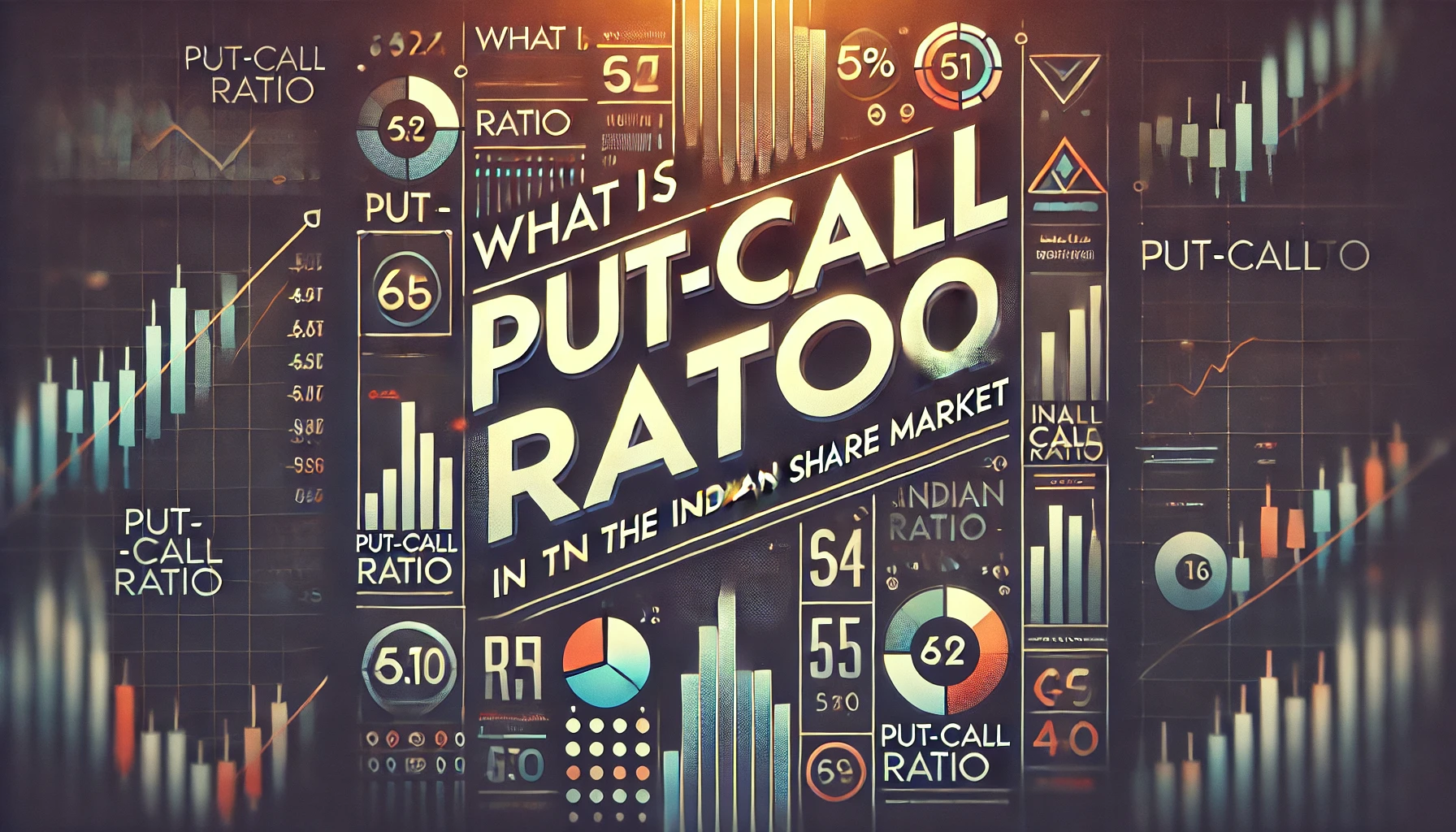
What is Put-Call Ratio?
The Put-Call Ratio (PCR) is one of the most widely used indicators in options trading …

What is Derivatives?
Derivatives are financial instruments whose value is derived from an underlying asset or benchmark. In …
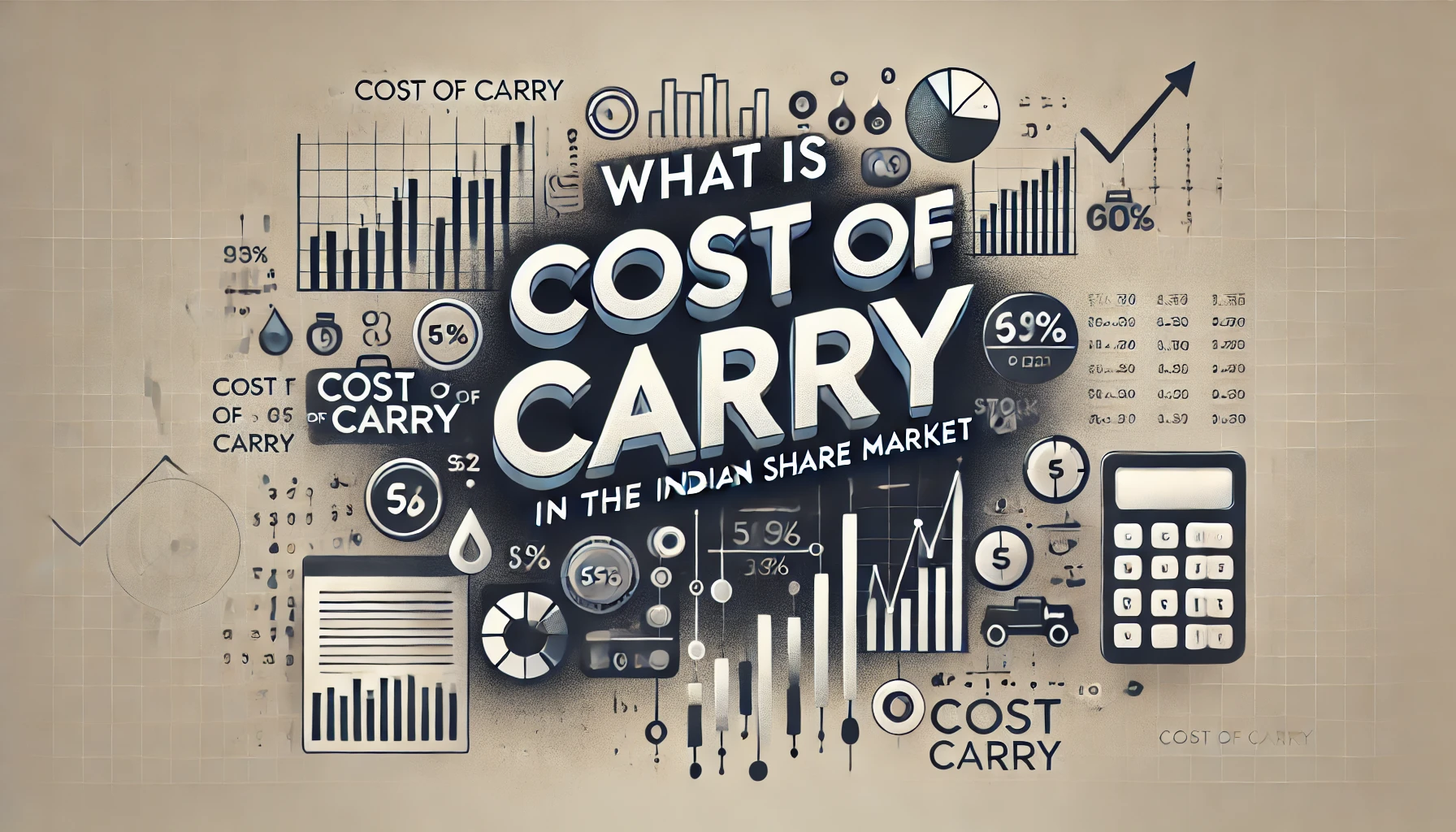
What is Cost of Carry?
The cost of carry is an essential concept in futures trading that reflects the cost …

What is futures
Futures are a fundamental part of derivatives trading in the Indian stock market. They allow …

Bullish Option Strategies
In the ever-evolving world of derivatives trading, options have become a powerful tool for investors …

Understanding Physical Settlement in Futures & Options Contracts: A Comprehensive Guide
In the world of derivatives trading, the concept of physical settlement has gained prominence, particularly …
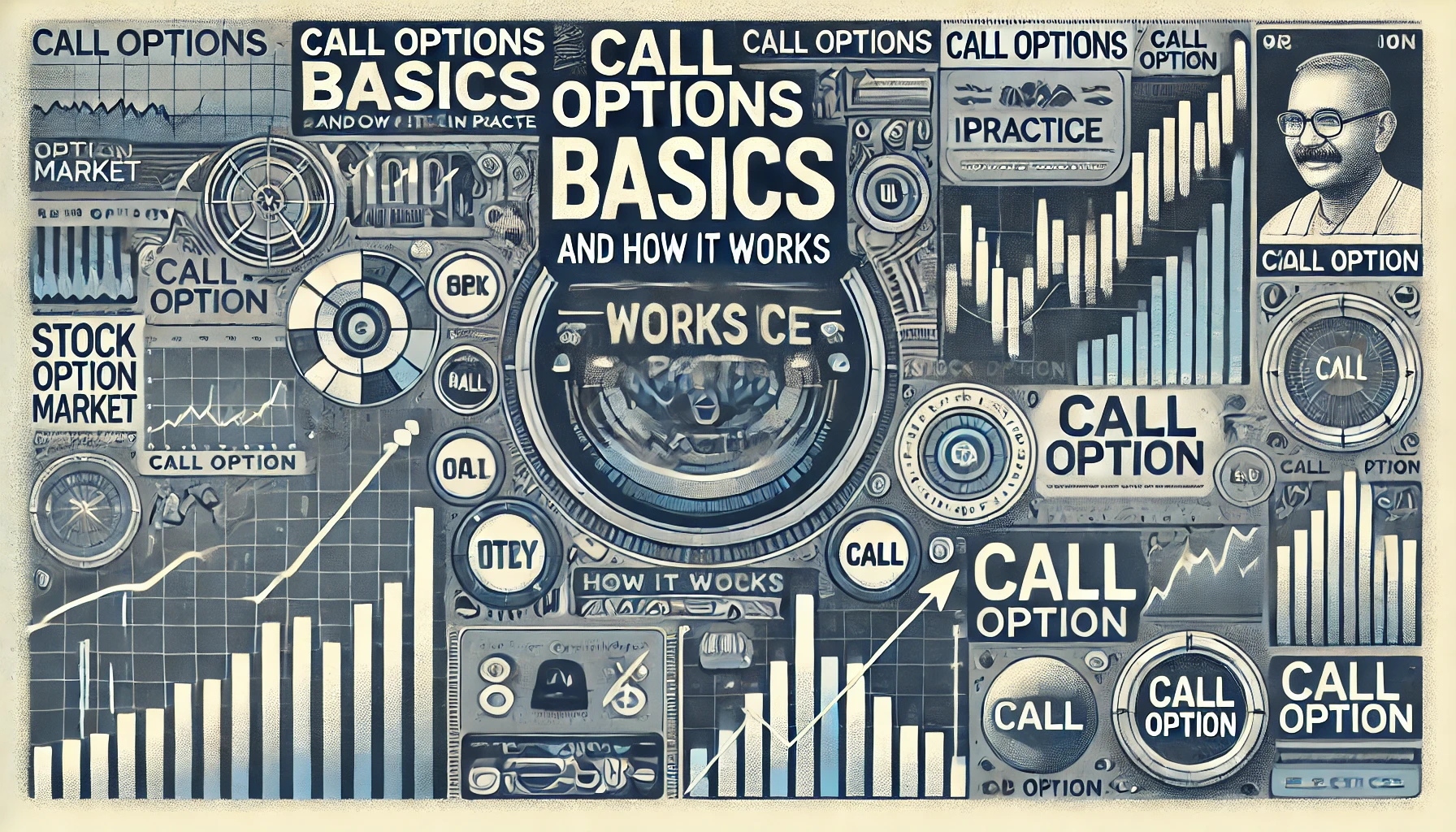
what are call options
The Indian share market has expanded significantly over the years, attracting a growing number of …

What Is Credit Spread Strategy
In the world of options trading, the credit spread strategy is one of the most …

What Is a Forward Contract
A forward contract is a customized financial agreement between two parties to buy or sell …

Types of Derivatives in India
The Indian derivatives market has grown exponentially, becoming a vital tool for investors and traders …
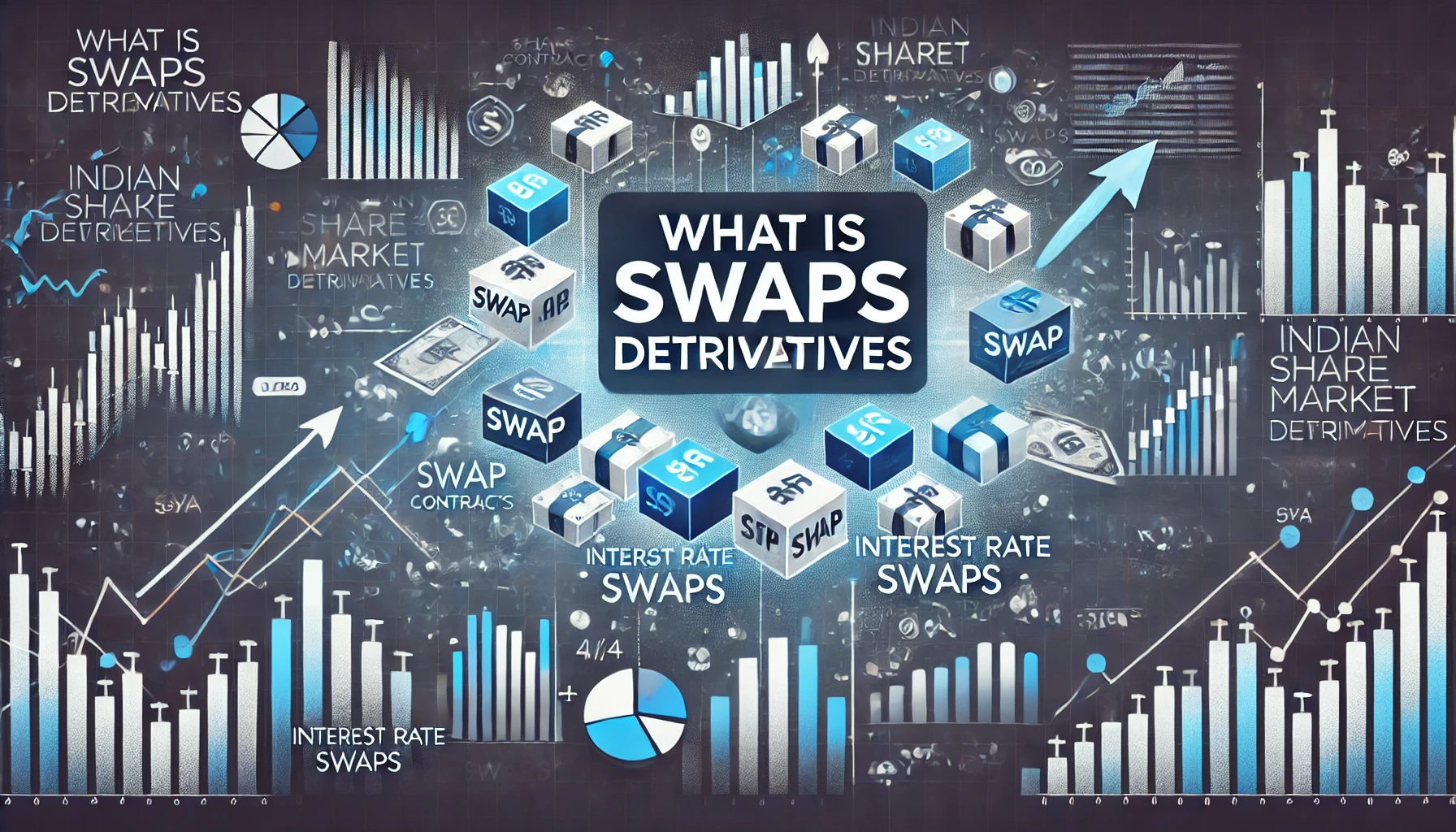
What is Swaps Derivatives
In the world of derivatives, swaps are a special class of contracts that allow two …

Intrinsic Value and Time Value of Options
Options trading is one of the most widely used financial instruments in the Indian share …

What is Open Interest?
In the world of derivatives, the concept of “Open Interest” plays a crucial role in …

Types of underlying assets in derivatives
The Indian derivatives market has grown exponentially over the last few decades, thanks to its …

derivatives on Option Volatility & Pricing Strategies
The Indian share market derivatives segment is a dynamic environment where advanced traders rely heavily …

What is Futures Contract
The Indian share market offers various financial instruments that provide opportunities for investors and traders. …
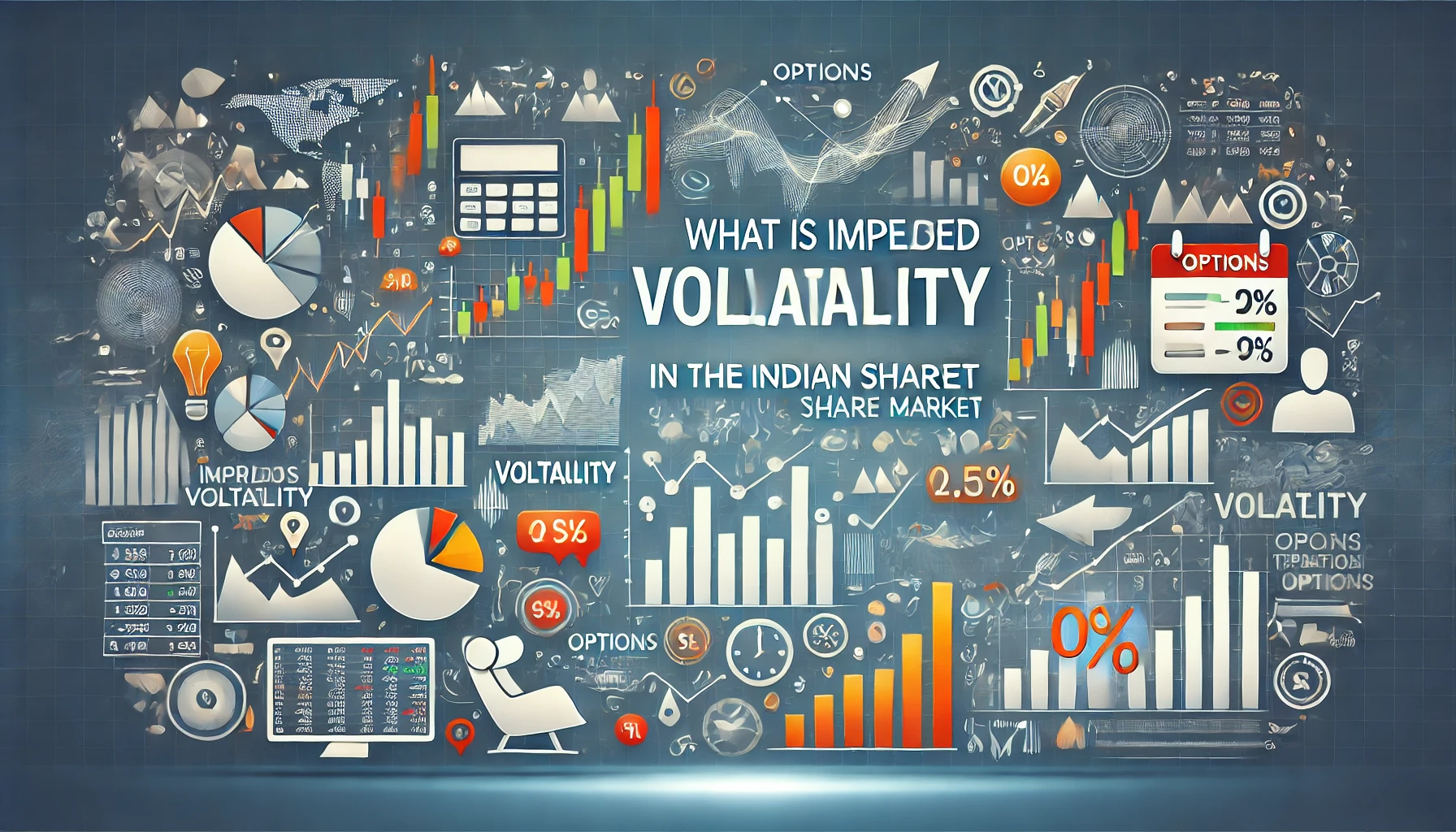
What is implied volatility in options?
In the world of options trading, one of the most crucial elements to understand is …

Futures Pricing Formula
The Indian share market is known for its dynamic nature and offers various opportunities for …

What is an ITM Call Option?
The world of options trading is filled with technical terms that are crucial for investors …

What is Max Pain Theory?
The Indian share market is full of strategies and theories that traders use to predict …

What is OTM Call Options
In options trading, terms like “in the money” (ITM), “at the money” (ATM), and “out …

What Is Rollover
Rollover is a common term in the world of futures and derivatives trading, especially in …

Futures Prices Converge Upon Spot Prices
In the world of financial markets, futures contracts play a significant role. One of the …
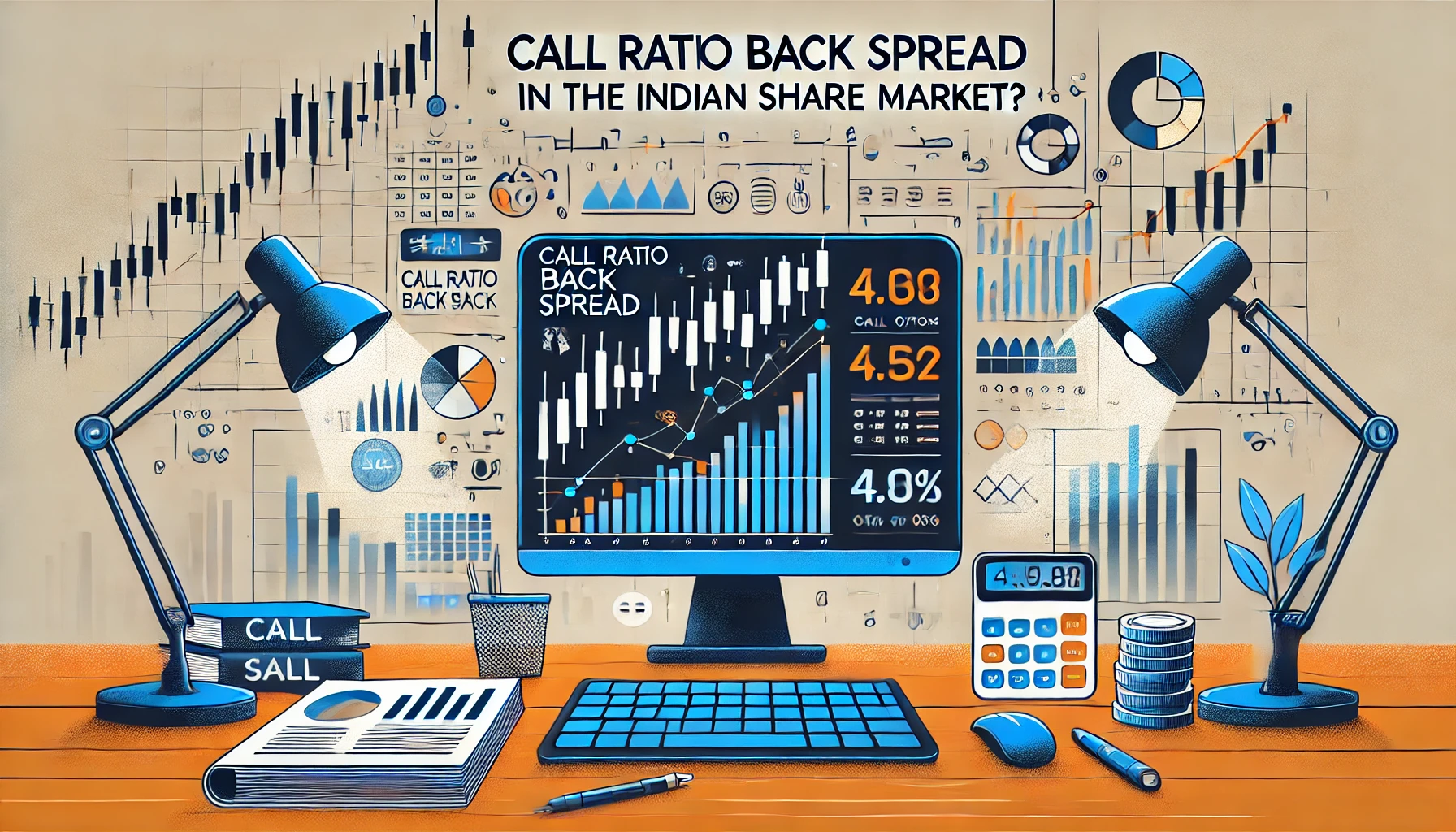
Call Ratio Back Spread
In the Indian share market, advanced trading strategies such as the Call Ratio Back Spread …

Margin Call Meaning
A margin call is one of the most critical warnings in trading, often marking a …

What is Bermuda Option?
The financial markets are full of complex instruments, and one such tool is the Bermuda …


















